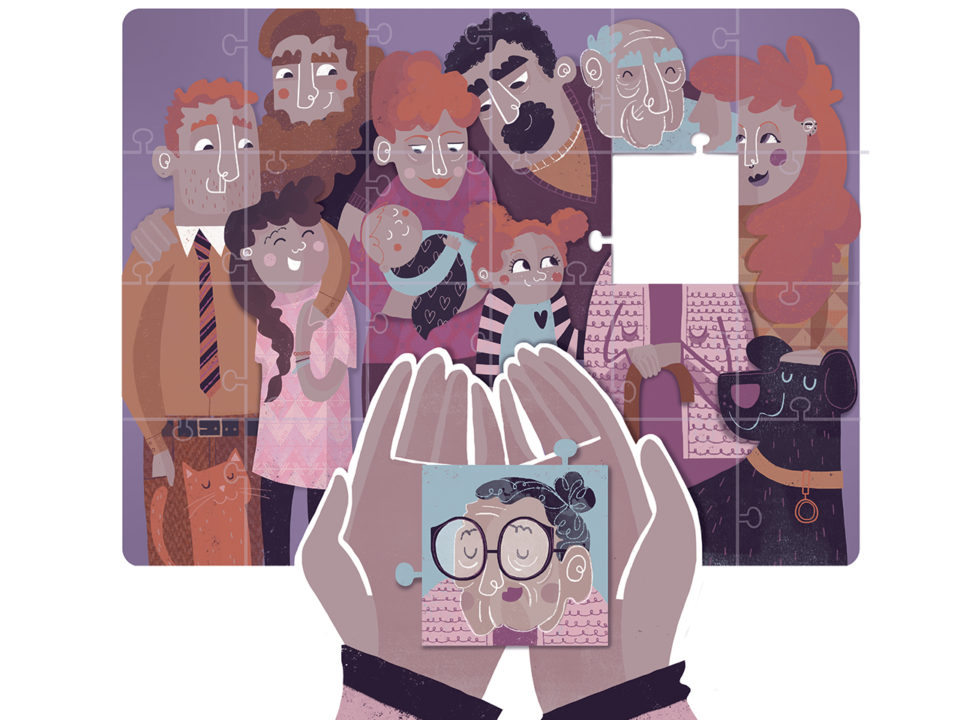The Problem:
A cherished family member recently died and my 10-year-old is having a hard time with it. She’s having trouble sleeping, her grades are slipping, and she’s just not the same. How do I help her deal with her grief
The Expert:
Joey Tadie, Ph.D., licensed clinical psychologist, The Catalyst Center
The Solution:
The only way through grief is to feel your way through. This means you must create space for you or others to feel and express authentic grief experiences. Consider the following:
Encourage expressed emotion. Experiencing grief can be like spilling a box of puzzle pieces. Everything feels out of place, nothing makes sense, and putting it all back together feels impossible. The only way to fix the puzzle is to examine the pieces individually and place them back into order. Likewise, children need space to wrestle with confusing emotions and to know that it is okay to feel them. Doing so helps them “reorganize” their understanding of the world following loss.
Grieve actively. Grief is a process, not an event. Help your child cope actively:
- Write a letter or draw a picture for the person.
- Create memorial rituals such as lighting a candle, doing a balloon release, or picking and arranging wildflowers for a gravesite bouquet.
- Attend the funeral or memorial service. This might not be appropriate for every child, but could bring closure for those who are able to attend.
- Look at old photos and ask your child to recall sensory memories, such as the sound of the person laughing.
Notify others. Tell your child’s teacher what has happened, and how the grief is manifesting itself at home. This might help the teacher be more sympathetic to falling grades or lack of attention in class. The teacher might also be able to suggest free resources at the school that you didn’t know about before.
Share grief. Share what you”ve learned about healing from other loss experiences. Be available to talk when your child wants, but don’t force them to share before they are ready. Let your child see you grieve, as modeling healthy grief gives them a template they can use. Our greatest emotional injuries can come as a result of our relationships, and yet our greatest healing can also occur through our relationships. Use your relationship with your child to foster support, love, and acceptance as they endure this difficult period.






